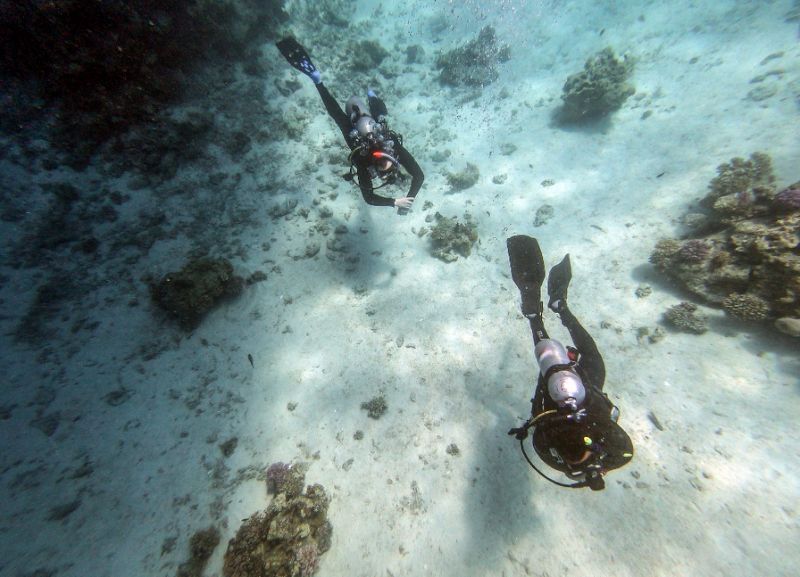In Egypt’s Red Sea coast, many tourists pay a small amount of money to scuba dive and see the marine animals, like the delicate pink jellyfish and corals. However, all these activities threaten the marine ecosystem.
The 2011 uprising and multiple jihadi attacks have taken a toll on the country’s coral reefs, followed by a Russian plane that jihadists blew up in 2015 at Sharm al-Sheikh, which is a well-known Red Sea resort.

Because of that, tourism in the country dropped at an all-time low. However, they are slowly clawing their way back and finds more tourists visiting the Red Sea after the incidents.
“There was way too much activity because it was so cheap,” one diving instructor from Hurghada, a top resort, told AFP. “In some areas, they’ve disappeared – although in others, we see they’re coming back.”

Coral reefs are vital in maintaining the food supply of other fishes and protect the shorelines of some low-lying island nations. They are also among “the most beautiful, biologically diverse and delicate ecosystems in the world,” according to the United Nations Environment Programme (UNEP).
The Red Sea is Egypt’s top scuba diving destination and a lot of tourists come and go, apparently endangering the corals.
UNEP reports that about 20 percent of the world’s coral reefs have been destroyed, because of climate change, overfishing, and tourism – and a further 60 percent are under threat.
“The revival of tourism in Egypt is a good thing, but it has increased pressure [on the reefs],” Heba Shawky, managing director of the Hurghada Environmental Protection and Conservation Association, has told AFP in an interview.
Red Sea province reported that about 1,700 tourist boats operate on the Red Sea coast, while Suez Canal Authority says 18,174 commercial vessels passed through the canal in the previous year alone.
“It’s about limiting the number of users per day to tackle the problem of the growing number of boats,” Shawky said about conserving what is left off the coast, and governor of Egypt’s Red Sea province General Ahmed Abdallah agrees.
“We have living resources under water. So by preserving the environment, we support the tourism industry,” Shawky added.
Related stories:
– Warming oceans kill dolphins, corals, and other marine animals
– Atlantic corals: Colorful and vulnerable
– Enter the twilight zone: Mesophotic zones offer a second chance for earth’s reefs





